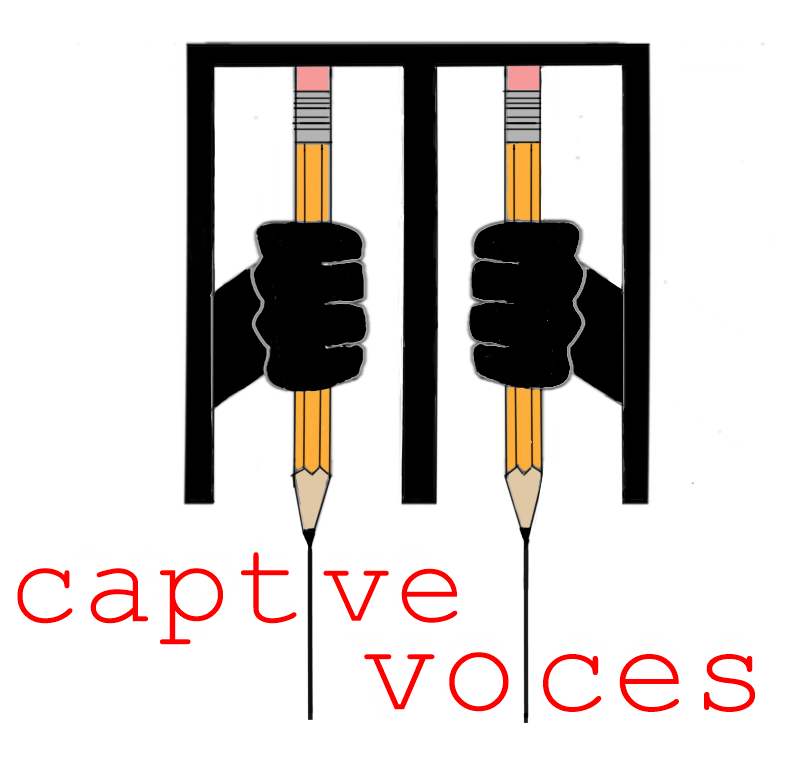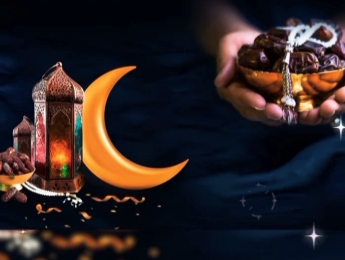On April 2, 2022, I started my 21st Ramadan being locked up. And sitting in my cell late at night I almost shuddered thinking about the years. I thought of my very first one behind bars in the Hudson County Correctional Facility in 2002 when I was arrested and kept pre-trial. I vividly remember that I made Du’aa, word for prayer in Arabic, for God Almighty to provide me relief so that I may return to my family on the following Ramadan. And from that day on, every passing Ramadan, I made the same Du’aa and have waited for the day that my prayer is heard and I return back to my family. Yet, unfortunately, that Mercy has not come to this day.
To tell you the truth, as a human I am full of mixed emotions about the prospects of Hope, and the life inside prison is of such a nature that it is easier to despair. Often times, I feel bouts of hopelessness and sadness. But, the thought of giving up on hope, on life, is not something that is innate to my temperament.
I am a Muslim, Pakistani-American, and resilience comes naturally to me. Thus, to fight on against the odds is something that is built-in, and inborn ability to just carrying on. But, the turbulent circles of Life are unrelenting behind bars, and even for a buoyant personality like mine, it is seemingly often tested. Of course, I do continue to hold on, and that is largely due to the Holy Month of Ramadan.
Prison life is full of daily stresses and causes considerable amount of mental anguish. The everyday barrage of worries such as security codes, mood of the staff, and attitude of prisoners serving never-ending life sentences, to family issues on the outside, causes human beings to be at the precipice of a mental breakdown. The ebbs and flows of prison life is a constant conundrum between bad and worst, and oftentimes a prisoner’s life is spent in making choices, and it literally comes down to picking the better off the two evils so to speak. And there is this constant feeling, like a dull pain, a pang somewhere deep inside the chest, it resonates every moment; it is a sense of an impending doom. And every prisoner, myself included, always feels as if something bad is about to happen. – I have recently learned that in psychological terms this condition is referred to as Post-Traumatic-Stress Syyndrome (PTSD).
Anxieties, headaches, upset stomachs, high blood pressure, and PTSD are some of the most common ailments in prison. And majority of these problems are directly related to our everyday prison life. Over the past 20 years, I have learned to feel the uneasiness as soon as the morning count is cleared around 6:30 a.m. when the doors are opened for the breakfast. This sensation carries with me throughout the day till the final night count at 9:00 p.m., and the doors are shut behind me and I’m left in my single-man cell.
Once inside, I finally feel as if I can breathe and relax, and as soon as I sit on my bunk my body starts to crack as if I I’m on a chiropractor’s table. This is because my body literally softens where after the whole day I feel that if I am being gradually constricted with an invisible thick rope and my muscles tighten to a point where it hurts, and my neck and shoulder areas are in knots. This daily suffering ends with my nightly prayers as I sit on the prayer rug to open my heart to The Almighty.
Yet, this everyday grind takes its own toll, and the compound effect of stresses on the body makes me continuously tired and drained. And after a whole year of suffering, that is when the reprieve from above comes, a yearly blessing that resets my mental, physical, and spiritual state. It is the Holy Month of Ramadan.
During Ramadan, the regimen of prison life is altered considerably. There is less movement and the yard and recreation movements are lighter than usual. The routine mass movement is also less loud and irksome as approximately 1/3 of the prison population is fasting during the day. There is seemingly a calm placed on the entirety of the prison complex. Even the non-Muslim prisoners seem calmer, perhaps due to less people to compete and interact with, and the prison guards relax as well. It seems like there is a sense of tranquility all around.
Personally, the time of Ramadan is when I literally detach from prison. I spend more time in solitude and reflection, and increased prayers and the quiet ambiance works as a tonic for my soul that has been weary due to 11 months of built-up tension. I don’t know how it happens but for some briefest of moments, I feel as if I’m not here. And that feeling alone works to mend my mind and body, a true form of spiritual healing.
Many of my non-Muslim friends in here fast as well. Some do it for stated health reasons and fast to “detox,” and others do it for dieting and fast a few days during the month. There are also those who state that fasting helps them getting close to their God.
People often ask me why Ramadan is so peaceful. In response I often smile, because besides the health benefits of not eating as much, and giving our overworked stomach and digestion system a break from the processed foods that we consume every day, there is a secret medicine within Ramadan that is a key to one’s physical, mental, and spiritual health and well-being. And that secret key is to speak less.
An Islamic scholar once stated that, “God has placed the tongue under two locks, one being your lips, and the other your jaw. So, if the people would just understand the benefits of talking less, they will realize the harms this simple organ causes around the world.”
Ramadan in prison provides me and for those who fast an opportunity to speaking less, and cleansing or mind and body. The Holy Month is usually associated with fasting, yet in my humble experience, for its practical teachings of forcing human beings to considering the plight of the less fortunate, those who don’t have anything to eat, and that of charity, discipline and reflection, it does a nurturing of a different type. You see, we spend our days feeding our bodies; in contrast, Ramadan is the time to feed our souls.
Every year after Ramadan, I feel relaxed, rested, and full of energy, feeling rather rejuvenated. I am left grateful to The Almighty for giving me a chance and space to recover. And the following day of Eid Celebration, like today, is where I step out with vigor to face the challenges of another arduous year full of upheaval.
In my experience, physical stresses are one thing, the mental serenity achieved due to Ramadan is nothing less than a Divine Therapy, and a yearly session I look forward to every passing month.
NOTE: An edited version of this article was published by the Prison Journalism Project with the heading: Ramadan is a Balm for Prison Despair.
-By Tareeq MaQbool




